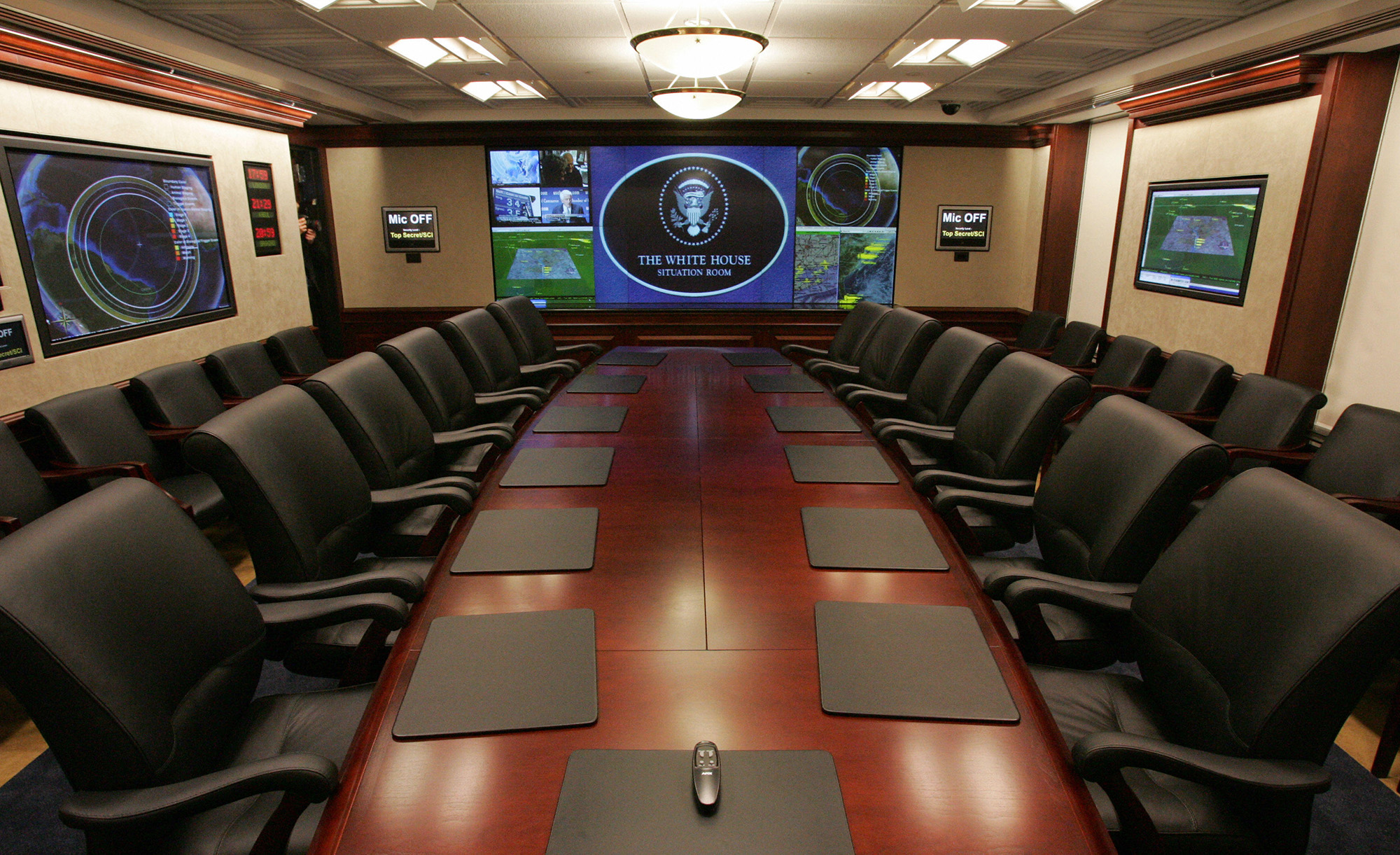This fall semester the Center for Entrepreneurship launched a new series of fireside chats with entrepreneurial alumni named the Trends in Tech Talk series, part of the U-M Innovation and Entrepreneurial Ecosystem Convening events. The goal of these talks is to invite alumni that have made significant entrepreneurial contributions in the emerging tech fields of computer vision and machine learning, space technology, climate change, and public health tech to share where they would set the sights of their careers if they were students today. These chats are informal, open to all students, and discuss business models, technological milestones, leveraging a U-M education toward a significant technological challenge, and what career opportunities are ahead, particularly for disruptive innovations.
On October 14 the CFE partnered with the 1st Generation Student Engineers student organization to present Brian Moore, CTO and Co-Founder of U-M spinoff Voxel51. Moore discussed exciting advancements in computer vision and machine learning and how this technology is about to become ubiquitous in everyday life. While earning his doctorate from U-M in Electrical Engineering-Systems, Moore connected with U-M Professor Jason Corso on a computer vision and optimization project. This led to the creation of Voxel51, a company dedicated to commercializing cutting-edge developer tools for machine learning and computer vision.

“We’ve talked with many different industry sectors about using our tools. The fact that there will soon be more than 50 billion cameras in the world means that there is a tremendous amount of video to analyze for all sorts of insights,” said Moore. The many use cases for Voxel51’s technology are a testament to the expanded use of computer vision and machine learning. The tech has been used to help in the review of security camera footage in real-time, saving lives. The company has also responded to the pandemic by creating a “Physical Distancing Index” to track through public camera access that measures compliance with social distancing and relates it to the spread of COVID-19. When asked where students should position themselves to take advantage of this disruptive technology, Moore responded that students should strongly consider focusing on the curation of datasets to train machine learning models. “The algorithms are open-source, widely accessible, and work really well. High-quality data, especially video, that will teach algorithms to be effective is the next big thing. If this is a field that you’re interested in, you should consider studying data science in some capacity.”
The second Trends in Tech Talk of the semester in late December featured alumni Reuben Sorensen, founder of Orbital Effects, on the topic of the quickly expanding and exciting space tech industry. Reuben shared his fascinating background and how his time at U-M prepared him for his entrepreneurial pursuits. He earned three degrees from the University of Michigan in Nuclear and Radiological Engineering finishing with his doctorate. After graduating, he began working for the Navy Special Warfare Development Group where he developed technology for radar imaging supporting Seal Team 6. His success on that team led him to become the Director, Defense In-Q-Tel Innovation Program for the Joint Chiefs of Staff, earning the Secretary of Defense Medal for Exceptional Civilian Service. Through this work, he began to grow a passion for the space industry and joined the space tech startup Planet Labs. There he learned about designing and executing scalable business models and soon ventured out on his own to start R2 Space which later transitioned into Orbital Effects.
 “The experiences and cultures at U-M, the Navy and Pentagon, and Planet Labs were very different, but all informed me on how to build Orbital Effects. From my doctorate at U-M, I learned how to focus deeply on a topic. From the Navy and Pentagon I learned how teams can be effective and how to be a leader,” commented Sorensen.
“The experiences and cultures at U-M, the Navy and Pentagon, and Planet Labs were very different, but all informed me on how to build Orbital Effects. From my doctorate at U-M, I learned how to focus deeply on a topic. From the Navy and Pentagon I learned how teams can be effective and how to be a leader,” commented Sorensen.
Orbital Effects was founded to push the frontier of radar satellite imagery to support the National Defense industry. The company has successfully grown into a leading space tech company, representing a significant step toward the realization of Sorensen’s central mission: to build a world-leading space ecosystem in Michigan.
“We have the people, the knowledge, and the small businesses that have supported the automotive industry. These resources give us advantages over other regions to be the leading space tech ecosystem.”
According to Sorensen, the space industry is both growing rapidly in terms of scope and capability, powered for the first time by a commercial market. The success of SpaceX, Blue Origin, and Rocket Lab catch headlines for space travel, however, there are more and more examples of startups that are commercializing space-related technologies for advanced communications, in-space manufacturing, and other exciting applications. Sorensen commented that it’s such a large and growing field that any avenue students have to leverage their academic studies to gain a foothold in the burgeoning industry will be worthwhile, but he’s perhaps most excited about the potential for new propulsion technologies.
Please visit https://cfe.umich.edu/ecosystem-convening/ for more information about upcoming events.

